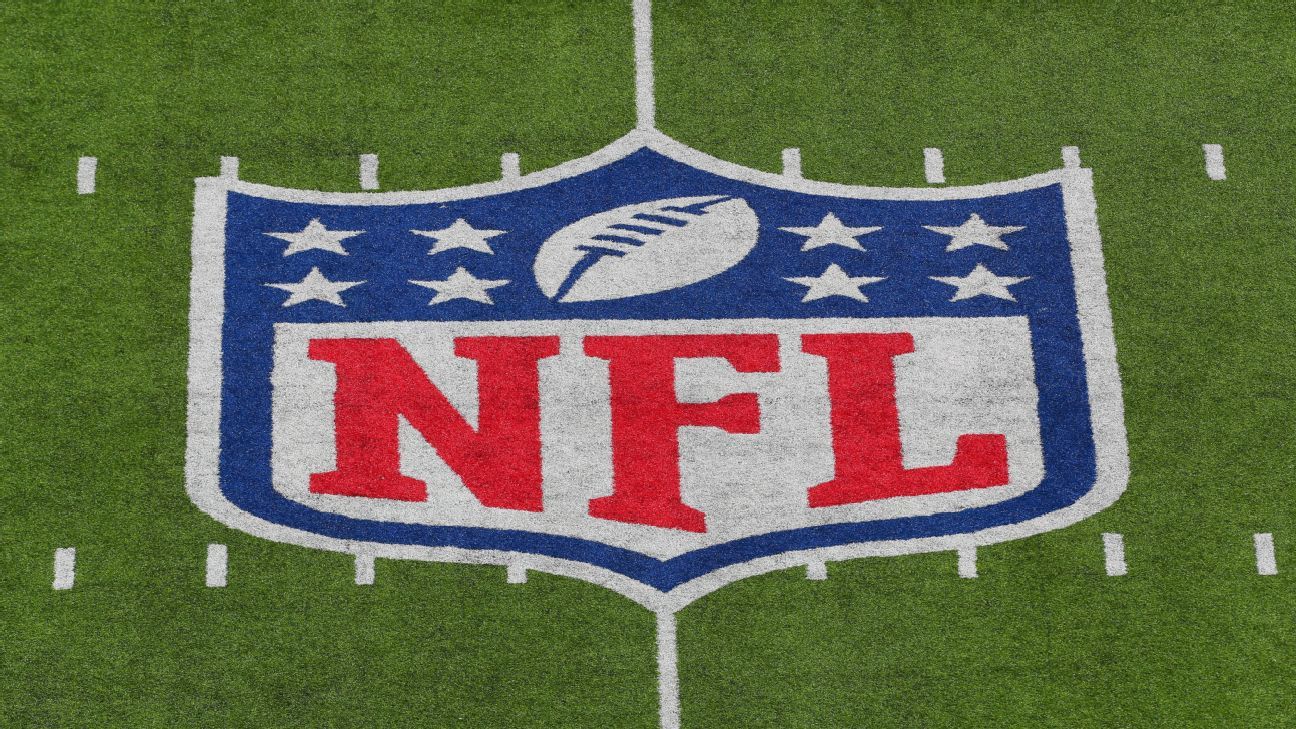The NFL and the NFL Players Association have agreed to several important changes to the league’s drug policies that will go into effect this week.
The NFLPA sent a memo Wednesday to player agents announcing and explaining the changes. ESPN obtained a copy of the memo, which says the new policies will go into effect Friday.
The new policies include changes to testing procedures, fines and other discipline associated with violations of both the performance-enhancing drug policy and the policy on substances of abuse.
The level of THC required to trigger a positive cannabis test has been increased from 150 nanograms-per-milliliter to 350. Also, teams will no longer be informed of the specific substance of abuse for which a player tested positive, only of the positive result and the resulting discipline.
Fines for violations of the policy on substances of abuse have been reduced. Under the previous policy, a first positive test resulted in a fine of one-half of the player’s game check, a second in one game check, a third in two game checks and a fourth in three game checks. Now, a first positive test incurs a fine of $15,000, a second a fine of $20,000, a third a fine of one game check and a fourth a fine of two game checks.
Players were not tested for fentanyl under the previous policy but now will be “if clinically indicated.” There will be no discipline for a positive fentanyl test, but a player will be fined $15,000 if he refuses to attend a mandatory meeting about fentanyl resulting from a positive test.
Fines for missed tests also have been reduced, and the procedure by which the league and the NFLPA determined the reason for a missed test has been altered to allow for greater leeway. Under the previous policy, missed tests were cumulative and could result in escalating discipline throughout a player’s career. Under the new policy, a player’s missed test count will reset to zero once he goes 365 days without a missed test.
For the performance-enhancing drug policy, there have been several changes involving testing procedures and reinstatement. Under the previous policy, a player suspended for a performance-enhancing drug violation could not be reinstated until he tested negative for the substance in question. Now, the player could be reinstated if it’s determined the presence of the substance provides no performance-enhancing effect.
